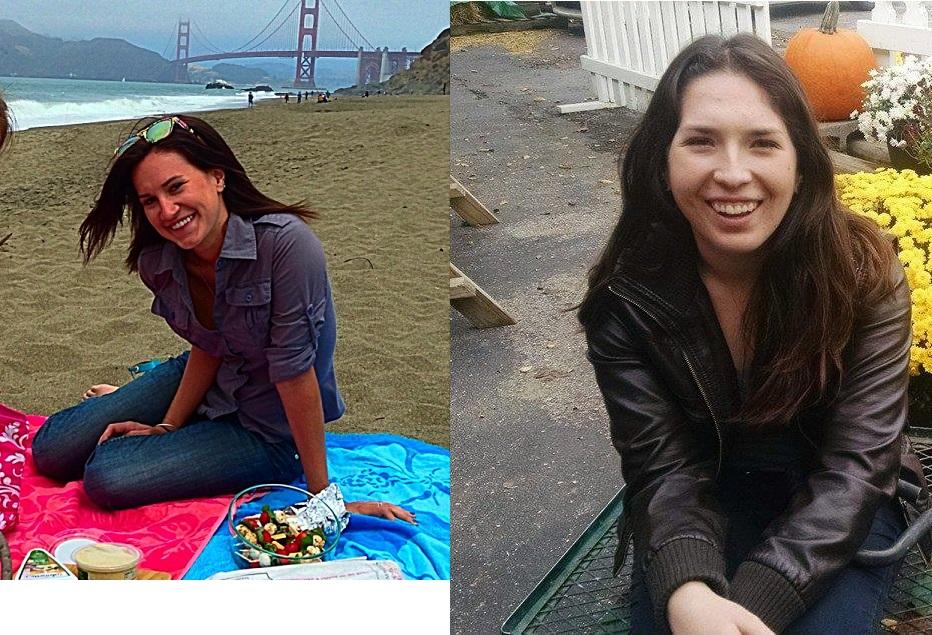November 5, 2014
We’re pleased to announce that this month two Spectrum Center volunteers were handpicked to work with Ann Arbor’s Neutral Zone in a mentorship capacity. First-year Master’s of Social Work student Ashley Kuroiwa and University of Michigan Law School Graduate and current Research Fellow Kaitlin Jackson are currently undergoing training at the Neutral Zone—a community center for teens in downtown Ann Arbor working towards promoting the personal growth of Ann Arbor teens through idea exchange and creative expression—and will begin their work in the near future.
The Neutral Zone is a place where teens can go to socialize, vent, or simply relax, while also being a productive safe-space where youths’ intersecting identities can flourish and develop. This is also the mission of the Neutral Zone’s Riot Youth program, which seeks to offer an inclusive space for LGBTQQ youths and their allies for networking, socializing, building communities and developing leadership skills.
In congratulatory fashion, the Spectrum Center would like to acknowledge the hard work of these two volunteers by telling their stories, and highlighting how they anticipate their role at the Neutral Zone will help LGBTQQ identifying youths in the future.
Ashley Kuroiwa
Ashley Kuroiwa is a first-year Master’s student in the School of Social Work studying Interpersonal Practice and Mental Health. Originally from Indiana, Ashley moved to Utah to attend Brigham Young University, where she received a Bachelor’s degree in Psychology and Anthropology. After graduation, Ashley briefly considered a career as a psychologist, but instead decided that a path in social work would be a better fit for her passion of helping others.
Upon acceptance into the MSW program at U of M, Ashley most looked forward to volunteering and getting involved with the myriad LGBTQQ student groups on campus; having attended what she called a conservative religious university during her years as an undergraduate, the idea of students gathering openly to discuss their sexual and gender identities at a university-sponsored organization was one in which she had always held interest, but with which she couldn’t necessarily engage. It’s because of this that Ashley became involved with Spectrum, and why she is now so excited about her upcoming work with the Neutral Zone—connecting with others in similar situations was what helped her most in accepting her own identities, especially connecting with those whom she could be completely honest and unafraid of being judged. She hopes to be able to be this type of person to Neutral Zone members. Because of this, she is completely ecstatic to be a part of what she considers a revolutionary idea that not only allows teens to gather under the umbrellas of their differing identities, but that also empowers and affirms them.
In the future, Ashley hopes to be in a position in which she felt as if she was genuinely helping the community around her, specifically by aiding anyone who’s in a vulnerable position, and who faces barriers due to already existing social structures or systems. Although she has a specific interest in intersex youths, she feels that her own struggles have rewarded her with a profound sense of empathy which will allow her to help others, regardless of their background or identities.
Kaitlin Jackson
Kaitlin Jackson is a current Research Fellow at the National Registry of Exonerations, a project of the University’s Law School, of which she is also a 2011 graduate. Before attending U of M for Law School, Kaitlin attended the University of Oklahoma, where she received a Bachelor’s degree in Communications. After receiving her JD from Michigan, Kaitlin moved to Long Island, New York, where she was offered a job working as a public defender, a job which she had always known she’d wanted to do.
As a public defender, Kaitlin represented people in misdemeanor court, felony screening court, mental health court, and one of New York’s first human trafficking courts. She feels that reforms pertaining to criminal justice and public defense are crucial. Her current research at U of M focuses on exonerations of innocent persons who were wrongly convicted of crimes.
Kaitlin places much importance on working with the LGBTQQ and allied community.One of her favorite parts of her job as a public defender was working with LGBTQQ clients, particularly transgender clients, a group which she feels is especially vulnerable in the current criminal justice system, particularly when they are in detention centers.
Kaitlin is very excited to begin her work with the Neutral Zone, and particularly with the Riot Youth program, as she views it as a crucial tool for youths attempting to navigate their identities. Allowing younger members of the LGBTQQ community to come into contact with older members of the community is something she views as important; it serves as a type of advice channel for them, she says, something she wished she’d had when she was younger. To this effect, she hopes to help teens work through the challenging and rewarding process of accepting their own sexual and gender identities.
- Austin Davis, Communications and Alumni Relations Student Lead

